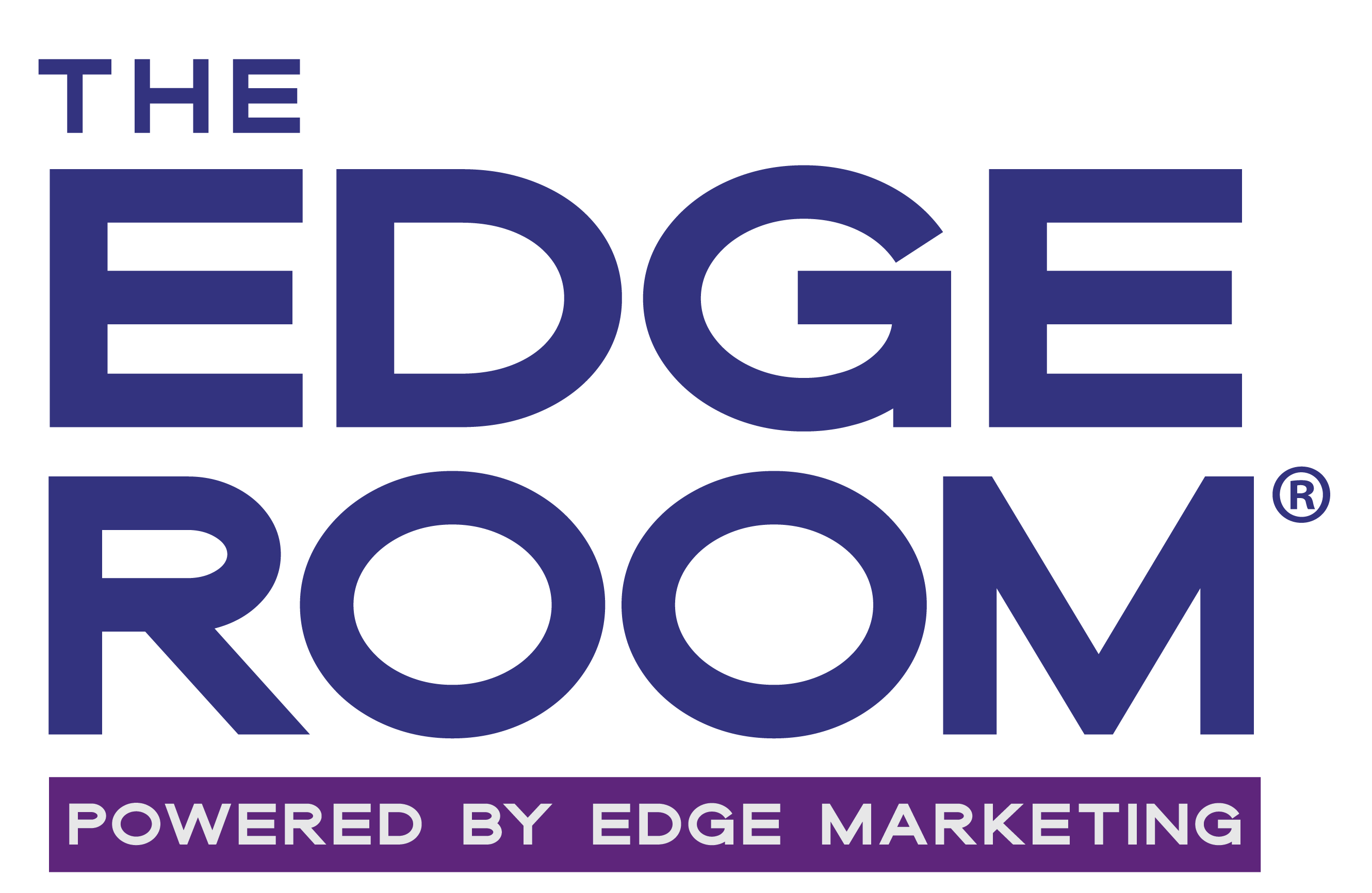It is safe to say that 2020 was a challenging and unprecedented year across all industries, not least the legal sector. Yet our altered ways of working have spawned new innovations and different ways of thinking about “business as usual.” For the legal sector, AI has become a key part of many lawyers’ arsenal, allowing them to rapidly respond to new challenges such as remote working, increased market and economic volatility and complex client demands. As we approach 2021, it is clear that this momentum in the legal sector to embrace all things tech shows no sign of stopping anytime soon.
‘Technophobia’ is no longer a viable excuse for lawyers
The pandemic has accelerated the pace of technology adoption generally, and has also opened lawyers’ eyes to the possibilities that advanced technology such as AI can herald. Technology has moved from being a ‘nice to have’ to a ‘must have’, allowing businesses and lawyers to keep pace with marketplace changes whilst also driving profitability and growth.
Let’s take the example of M&A due diligence- whilst years ago, the number of contracts to review for a transaction was a lengthy yet reasonable task, an explosion in enterprise data has rendered this process practically unfeasible. Indeed, hiring armies of junior lawyers to manually trawl through endless volumes of contracts in order to find a crucial ‘Change of Control’ clause is increasingly becoming recognised as a waste of resources and an inefficient use of legal talent.
And this is where AI comes in: Luminance is able to rapidly read and form an understanding of legal data, instantly surfacing crucial clauses, datapoints and anomalies at the click of a button. Not only does this instil lawyers with the greatest confidence that nothing has been missed in their review, but by enabling them to cut through the admin-heavy, mundane work, advisors are once again able to focus on adding value where it matters: the analysis. As Gavin Williams, Partner at Holland & Knight said to me at a recent Luminance webinar, “Luminance allows young lawyers to push skills faster, resulting in better quality and better work product which is closer to being ‘client ready’ than ever before.”
Another example is the sudden switch to remote working in 2020. With many offices now remote working for the foreseeable future and some organisations reimagining how offices will function after that, it seems that increased remote working or flexi-working is here to stay. Luminance’s easy cloud-deployment and advanced collaboration tools such as the ability to allocate tasks and track work progression are invaluable for the seamless coordination of legal teams. We have had customers such as VdA, Norburg & Scherp and The 36 Group use the tool to coordinate teams in connection with large review projects.
Clearly, the real, practical value of AI can no longer be overlooked and as we enter 2021, it is clear that AI is integral to the infrastructure of all organisations.
Clients expect more- tech is part of the answer
Client demands and expectations have always been high on the agenda for law firms yet increased economic volatility and steepening competition will once again push these demands into the spotlight in 2021. Indeed, recent research by Luminance found that decreased client budgets are the biggest concern for senior lawyers. Clients are increasingly savvy as to the technology that is available to lawyers as well as the benefits in terms of efficiency, insight and cost.
This year, for example, the Dubai office of Dentons were tasked with a time-sensitive review of 200 documents. This number quickly swelled to over 180,000 documents, all of which had to be reviewed in just two weeks. After consulting with their client, Dentons opted to deploy Luminance and were able to review the entire dataset within the timeline set by the client and with huge cost-savings. Results like this show that by embracing technology, lawyers are able to not just meet but exceed the expectations of their clients and this is something that we predict will continue far into 2021.
The year that in-house teams embrace technology
The last few years have seen a growth in the role and scope of in-house legal professionals. Indeed, in-house lawyers are not just subject matter specialists that are only to be consulted on specific legal matters but are instead now expected to play a significant and proactive role in wider legal matters, including ensuring compliance, examining potential business risk and being key members of the corporate decision-making team.
Consistent with this trend, this year there has been a 65% increase in the uptake of our technology by in-house teams in order to streamline work such as the review of outside counsel guidelines, employment contracts and regulatory compliance reviews in the face of data protection regulations such as the GDPR and CCPA. We expect to see a continued acceleration in this trend in 2021, with these lawyers becoming more tech-savvy, efficient and sophisticated in the projects they manage in-house in order to better control costs during uncertain economic times. Recently, we welcomed Featurespace, a market-leader in enterprise financial crime prevention software, as a customer in order to help the company’s in-house legal team to gain more control over their in-house processes.
2021: The year that AI got real in the legal industry?
This year has marked a turning point for the legal industry’s adoption of AI technology. At Luminance, we have seen an astonishing 40% increase in the uptake of our technology since the beginning of the year, with Luminance’s customer base now reaching nearly 300 firms and organisations. In 2021, AI will be a fundamental component of every law firm and business and to that end, the future of the industry.
